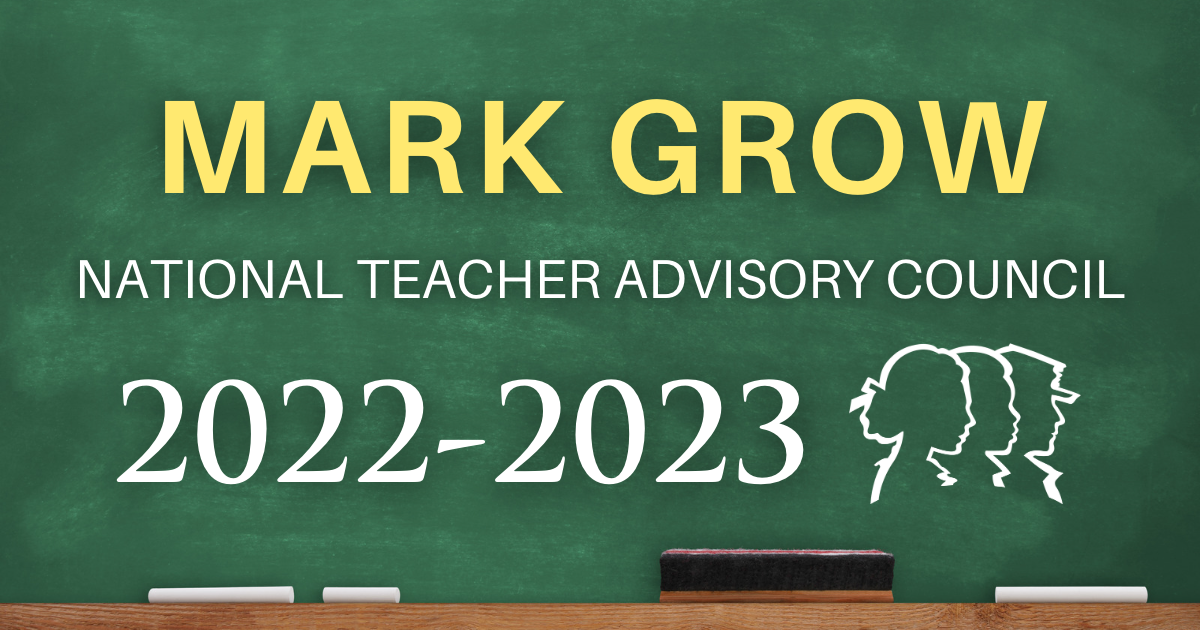
Mark Grow
Millbrook Magnet High School
9th-12th Grade
Years as an Educator: 15
ABOUT
Mark Grow is a teacher at Millbrook High School in Raleigh, NC. He has taught high school social studies for fifteen years in North Carolina and achieved National Board Certification in 2017. Before teaching he worked briefly as a tour guide at Fredericksburg and Spotsylvania National Military Park. He believes that visiting historic sites is a valuable way to connect students to the events that occurred in their physical environment. Each year his students take field trips to Halifax, NC, Bentonville Battleground, and Midway Plantation.
He has ancestors who wore blue and ancestors who wore gray.
How will this experience benefit you personally? Your fellow educators?
“I love being connected with the museum and educators from around the country. The museum is producing important projects that are fantastic resources for teaching this time period. The museum’s work serves as a reliable guide to educators who want to expose their students to the current trends and relevant studies in Civil War History. My high school students are learning the skills necessary for academic dialogue by discussing and analyzing the Civil War. My students want to understand the Civil War’s relevance and the ACWM helps make those connections. Constantly communicating and working with other educators is invaluable. The issues of federal vs. states’ rights, the successes and failures of Reconstruction, the relevance of family history to personal interpretation, and the current debates over who tells the American story are topics and concepts that continually “pop up” in American life. Openly discussing to approach those topics with the next generation is a duty that my generation has to take seriously.”
How familiar are you with the American Civil War? What aspect(s) do you find most fascinating or compelling?
“I’ve been studying this war since 1999. I went from military history to the War’s causation, from causation to the politics of the War, and for the past few years the consequences of the Civil War (Reconstruction) have been as relevant as ever. The war somehow affects our understanding of the present in many ways. How Americans today understand the Civil War, remember the Civil War, and use the Civil War for different purpose are fascinating to see and hear in politics and culture. The conversations we have and what we prefer left unsaid are especially important to the current generation as they form their own understandings.”
